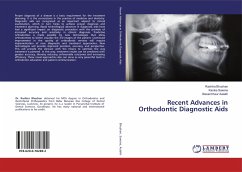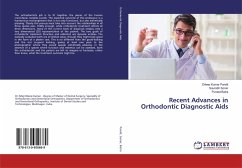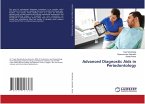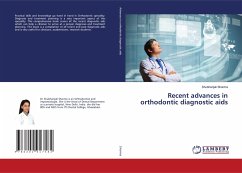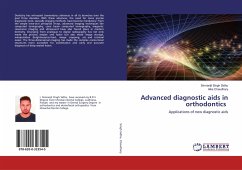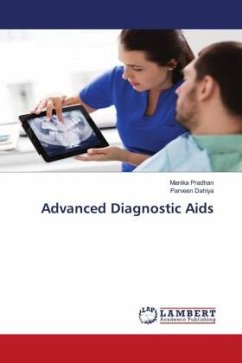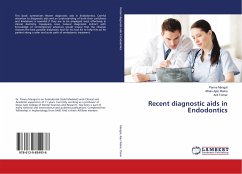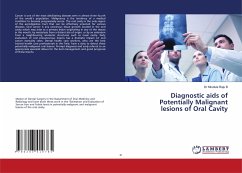Proper diagnosis of a disease is a basic requirement for the treatment planning. It is the cornerstone in the practice of medicine and dentistry. Diagnostic aids are recognized as an important adjunct to clinical examination, which in turn helps to achieve proper diagnosis and treatment planning. Rapid technological advances in diagnostic aids have had a significant impact on diagnostic procedure with the promise of increased accuracy and sensitivity in clinical diagnosis. Predictive orthodontics is made possible by new technologies that allow orthodontists to better visualize the 3-D images of the patient. Continued improvement in the quality of orthodontic services will require implementation of new diagnostic and treatment approaches. New technologies will provide improved precision, accuracy, and perspective. This will provide the clinician with the means to optimize the way treatment is planned. In this way, treatment results can be predicted with greater accuracy, thereby reducing unfavorable outcomes and increasing efficiency. These novel approaches also can serve as very powerful tools in orthodontic education and patient communication.

